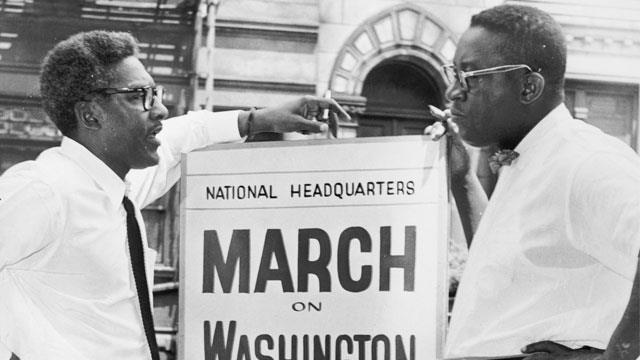
2 minute read
The Words of a King
The Other America Rev. Dr. Martin Luther King Jr.
“A second myth that we must deal with is that of exaggerated progress. Certainly, we have made progress in race relations. And I think we can all glory that things are better today than they were ten years ago or even three years ago. We should be proud of the steps we've made to rid our nation of this great evil of racial segregation and discrimination. On the other hand, we must realize the plant of freedom is only a bud and not yet a flower. The Negro is freer in 1966, but he is not yet free. The Negro knows more dignity today than he has known in any period of his history in this country, but he is not yet equal. There still are stubborn, difficult problems to deal with all over the country.”
Advertisement
“I'm appalled that some people feel that the civil rights struggle is over because we have a 1964 civil rights bill with ten titles and a voting rights bill. Over and over again, people ask, what else do you want? They feel that everything is all right. Well, let them look around our big cities…. the Negro in his own life is confronting a major depression. This is true of every major city in the United States. While there is great affluence all around there still stubborn depths of poverty, deprivation and despair…..These are stubborn, difficult problems, and yet they are problems that must be tackled, for I need not remind you of the dangers inherent therein. There is nothing more dangerous than to build a society with a large segment of individuals within that society who feel that they have no stake in it, who feel that they have nothing to lose. These are the people who will riot, these are the people who will turn their ears from pleas for non-violence. For the health of our nation, these problems must be solved. “
“
In the areas of housing, schooling, and employment there is still a great deal that must be done. We've come a long, long way; we still have a long, long way to go and action programs are necessary. I've heard it said that the day of demonstrations is over; this is something that we hear a great deal. Well, I'm sorry that I can't agree with that. I wish that I could say the day of demonstrations is over, but as long as these problems are with us, it will be necessary to demonstrate in order to call attention to them. I'm not saying that a demonstration is going to solve the problem of poverty, the problem of housing, the problems that we face in the schools. It's going to take something much more than a demonstration, but at least the demonstration calls attention to it; at least the demonstration creates a kind of constructive crisis that causes a community to see the problem and causes a community to begin moving toward the point of acting on it. The church must support this kind of demonstration.”







